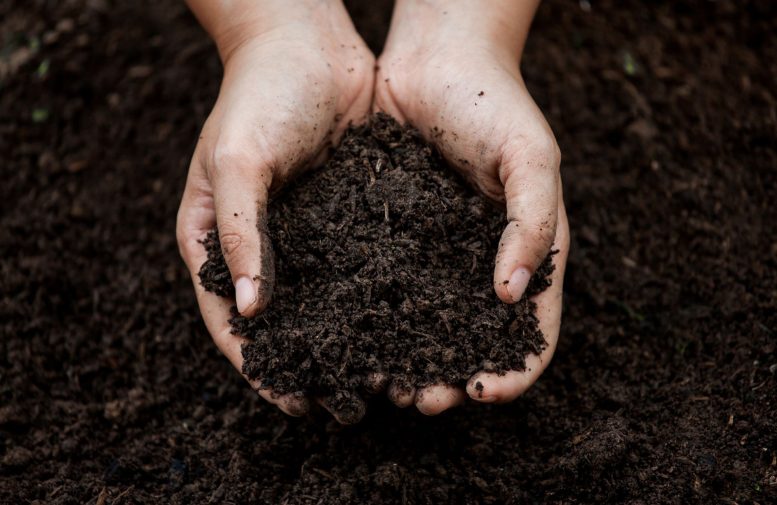
Study indicates that changes in rainfall patterns, rather than shifts in temperature, account for trends in soil moisture.
Soil moisture levels play a crucial role in influencing the speed at which wildfires expand, the rapidity with which hills transform into mudslides, and, notably, the efficiency of our agricultural systems. With the ongoing increase in temperatures attributed to anthropogenic climate change, there is a growing apprehension among scientists that soil conditions might become drier. Yet, interestingly, from 2011 to 2020, there was an observed increase in soil moisture across 57% of the United States during the summer months, traditionally the hottest period of the year.
Why did soil get wetter even as the planet got hotter?
A recent paper from Harvard University researchers found that precipitation, rather than temperature, overwhelmingly explains soil moisture trends. While it’s not surprising that more rain means wetter soil, the research challenges a long-standing assumption that increases in global temperatures will lead to drier soils.
“Atmospheric water has often been used as a proxy for drought, but this paper highlights distinctions between the hydroclimate of soils and the temperature and hydroclimate of the atmosphere,” said Peter Huybers, Professor of Earth and Planetary Sciences in the Faculty of Arts and Sciences and of Environmental Science and Engineering at the Harvard John A. Paulson School of Engineering and Applied Sciences, and senior author of the paper.
The research team found that drying from increased temperature was largely balanced by CO2 fertilization, which allows plants to use water more efficiently. Both these effects are secondary relative to rainfall and tend to cancel each other out — leaving precipitation as the primary driver of soil moisture.
Challenges in Soil Moisture Measurement and Implications
One challenge in studying soil moisture is a sparsity of data and the frequent disconnect between satellite data and ground-level observations. The team compared ground-level observations between 2011 and 2020 — the short time period during which many soil moisture measurements are available across the United States — with satellite data and found a similar increase in soil moisture.
These findings highlight the importance of improving predictions of long-term changes in precipitation in response to climate change, especially in relation to food production.
“We don’t have very accurate measurements of long-term soil moisture, but the consequences of high temperatures for agricultural yields have a lot to do with water availability,” said Lucas Vargas Zeppetello, who was a Fellow at the Harvard University Center for the Environment and is first author of the study. “Plants are generally less sensitive to temperature if they have sufficient water, but in dry conditions, they can get in big trouble.”
Vargas Zeppetello is now an assistant professor at U.C. Berkeley.
“Our results suggest that reduced surface soil moisture is far from a foregone conclusion given the uncertainty in precipitation trends around the globe,” said Huybers. “With uncertainties in the interannual variability of rainfall and uncertainties in predictions of long-term rainfall, it’s virtually impossible to predict soil moisture in the coming decades.”
That uncertainty makes it difficult to predict growing conditions for crops, making it all the more important to focus on water management strategies, said Vargas Zeppetello.
Reference: “Disentangling contributions to past and future trends in US surface soil moisture” by Lucas R. Vargas Zeppetello, Aleyda M. Trevino and Peter Huybers, 5 February 2024, Nature Water.
DOI: 10.1038/s44221-024-00193-x
2 Comments
“The research team found that drying from increased temperature was largely balanced by CO2 fertilization, which allows plants to use water more efficiently.”
And just the other day, on this site, I read an article claiming that our excess of CO2 was causing plant life to “choke” and become less efficient.
These “scientists” have zero clue what is really going on and contradict each other on a daily basis.
Part of the problem is that there are competing working hypotheses; however, the proponents present their hypotheses as though they are the final word. Rather than showing humility and suggesting that their hypothesis is just that, one of many possible working hypotheses, or alternatively, just presenting their observations and measurements without suggesting an explanation, they write as though their conclusions are self-obviously the correct interpretation.